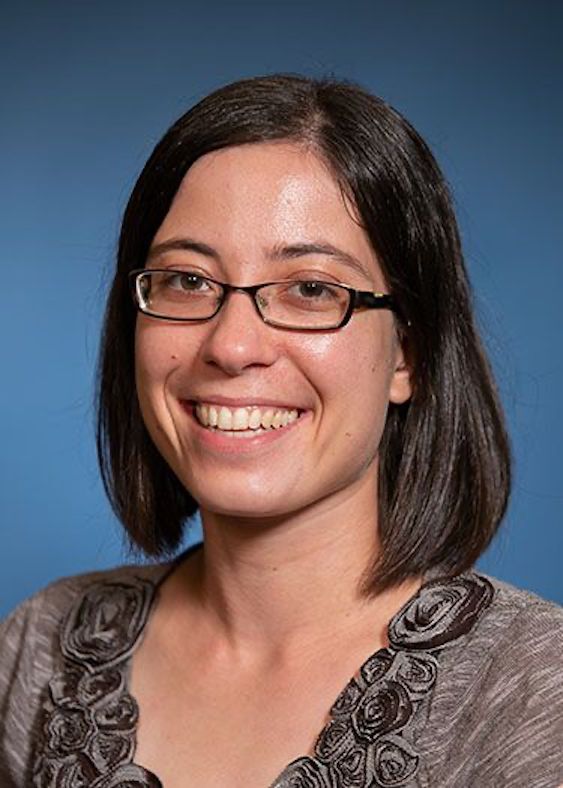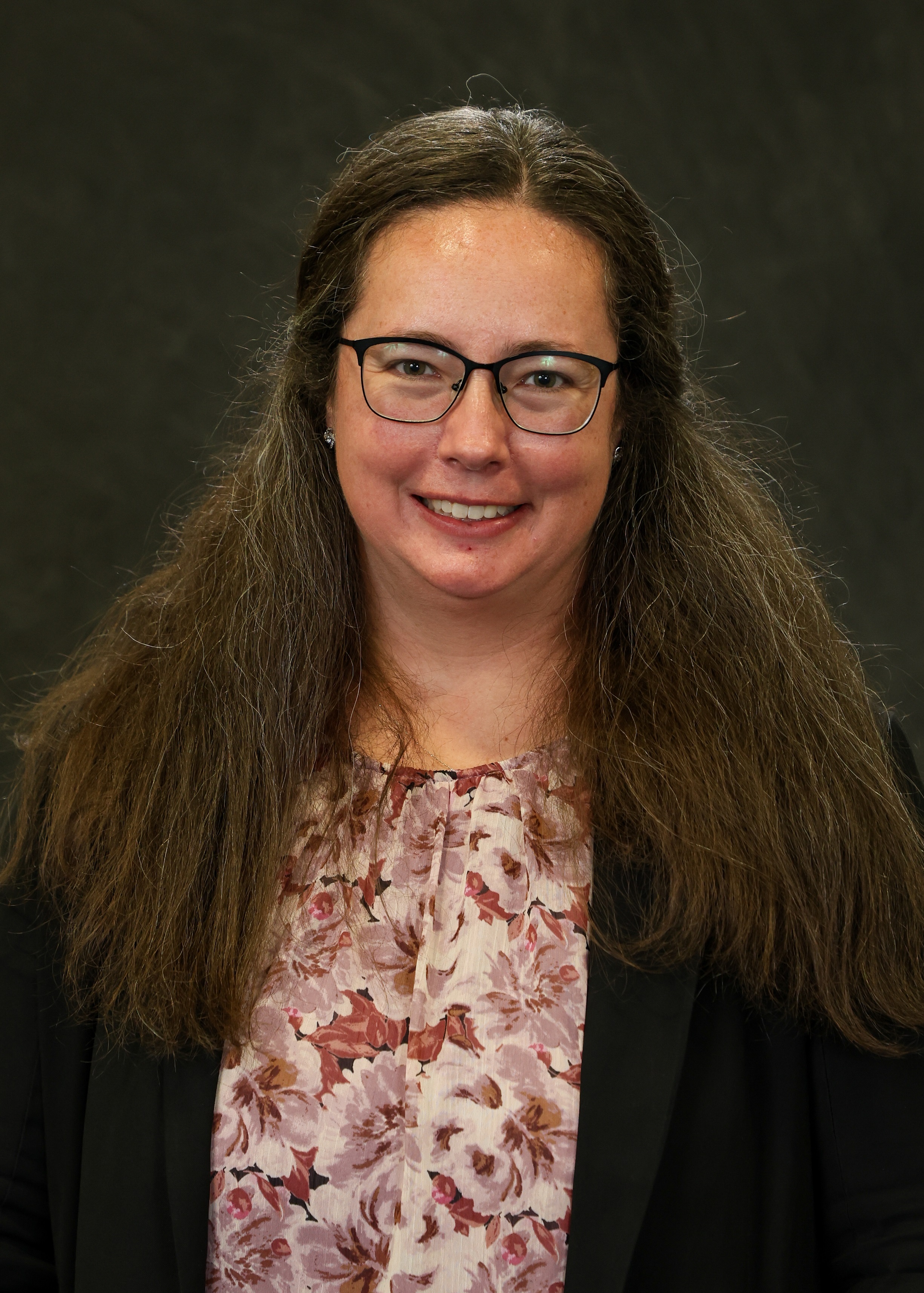
Regulatory features aid interpretation of 3'UTR variants
-
Register
- Regular Member - Free!
- Early Career Member - Free!
- Resident/Clinical Fellow Member - Free!
- Postdoctoral Fellow Member - Free!
- Graduate Student Member - Free!
- Undergraduate Student Member - Free!
- Emeritus Member - Free!
- Life Member - Free!
- Trainee Member - Free!
Lindsay Romo, medical biochemical genetics fellow, will present on incorporating functional datasets to improve interpretation of 3'UTR variants, as well as a new software tool, RegVar, aimed at characterizing variants by their putative regulatory elements.
Overview of Presentation
- Most variants in ClinVar are of uncertain significance; this is especially true for 3'UTR variants.
- Many functional datasets exist that characterize 3'UTR variants and/or regulatory elements including genome wide association studies, expression quantitative trait loci, RNA binding protein immunoprecipitation studies, and microRNA target predictions.
- These datasets can be leveraged to identify functional 3'UTR variants that impact gene expression or phenotype.
- Incorporation of regulatory features into a generalized linear model enables characterization of any 3'UTR variant by its potential functional elements as well as the likelihood the variant affects expression or phenotype.
- We provide RegVar, a software tool that provides regulatory information for any 3'UTR variant and may be used to prioritize patient variants for experimental studies and improve clinical variant interpretation
Missed the webinar? Here's a highlight:
ASHG Members get access to our recorded webinars for free! Log in to watch the rest of the webinar.

Lindsay Romo, MD, PhD
Medical Biochemical Genetics fellow
Boston Children's Hospital/Harvard Medical School Genetics Training Program; Visiting Postdoctoral Researcher at the MIT Burge Lab
Dr. Lindsay Romo is a medical biochemical genetics fellow in the Harvard Medical School Genetics Training Program at Boston Children’s Hospital and a visiting postdoctoral fellow in the Burge Lab at MIT. She obtained her undergraduate training from MIT and her Doctor of Medicine and Doctor of Philosophy degrees from the University of Massachusetts. Following that, she completed pediatrics residency at Boston Children’s Hospital. For the past several years, her research has focused on characterization of noncoding variants. She has received awards and honors for her research, including a Frederick Lovejoy award from Boston Children’s Hospital and a top abstract award from the ACMG.

Chris Burge, PhD
Professor of Biology
MIT
Dr. Burge completed BS and PhD degrees at Stanford, where he developed the GENSCAN gene prediction algorithm that was used in the annotation of genes in the human genome, and did postdoctoral work on the evolution of splicing in the Sharp lab at MIT. He is currently Professor of Biology at MIT and Co-Director of MIT’s Computational and Systems Biology PhD Program. His lab studies post-transcriptional gene regulation using computational and experimental approaches.
